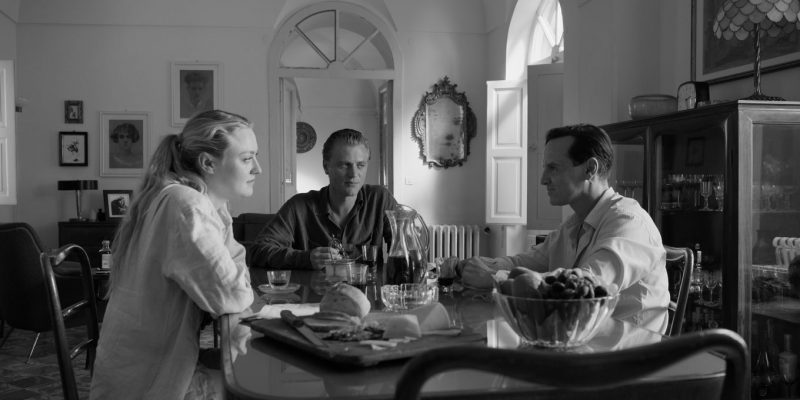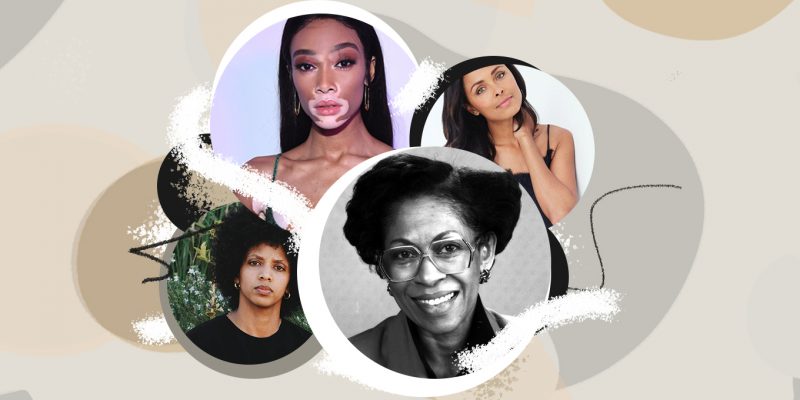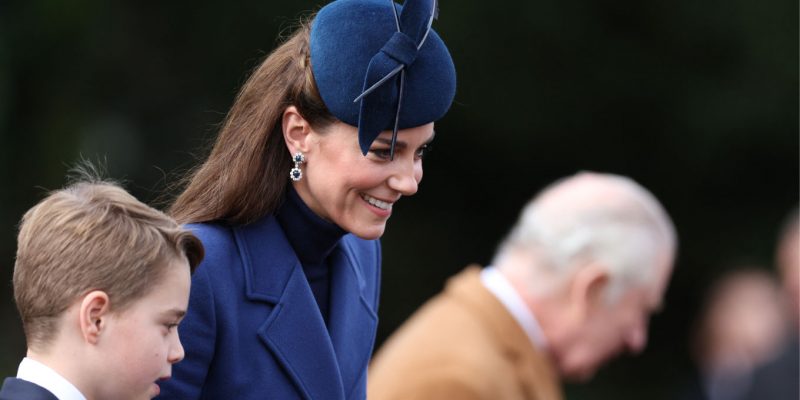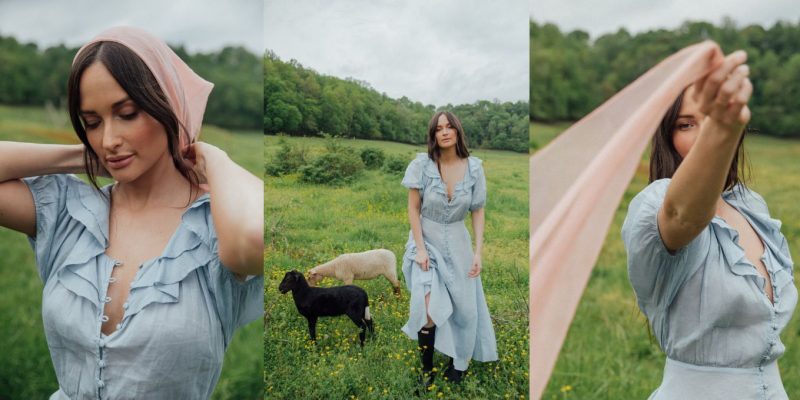Culture
Mean Girls Star Angourie Rice Isn’t Afraid to Do the Work
The Australian actor talks playing Cady Heron and working with Kate Winslet and Jennifer Garner.
by : Patricia Karounos- Feb 28th, 2024
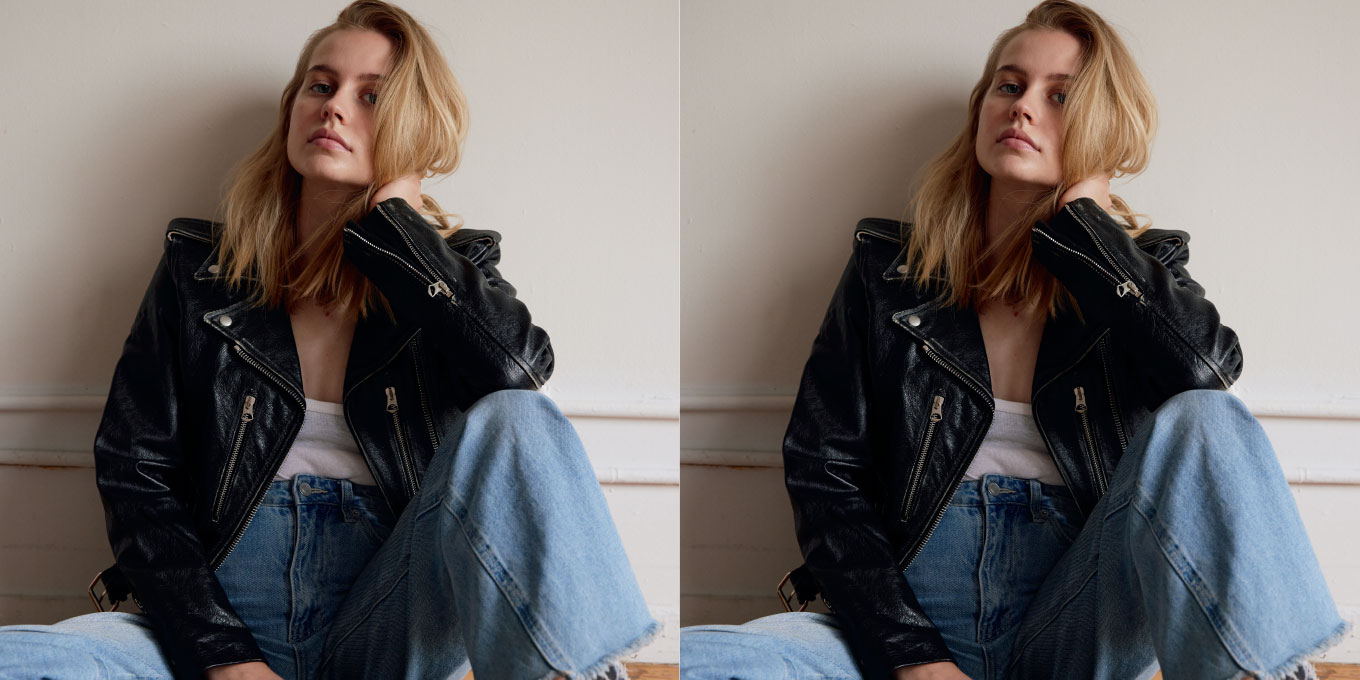
DAVID ROEMER
Like most people born in the ’90s and early 2000s, Australian actor Angourie Rice loved the movie Mean Girls when she was growing up. The Tina Fey-penned comedy was on such frequent rotation that the 23-year-old has most of the lines committed to memory. So when it was revealed that Fey was working on an updated version—a movie-musical starring actor-singer Reneé Rapp, Moana’s Auli’i Cravalho, Busy Philipps and Jon Hamm—based on the 2018 Broadway production, Rice was both excited and nervous. “My first question was ‘How are they going to do this?’” she says. “I was lucky enough to have a call with Tina, who answered all my questions—I saw her vision.” But Rice, whose past roles include HBO’s Mare of Easttown opposite Kate Winslet and Apple TV+ miniseries The Last Thing He Told Me with Jennifer Garner, had zero musical experience and still wasn’t sure about stepping into the shoes of Cady Heron, the role originated by Lindsay Lohan. “I really wanted to think about it because it’s a huge responsibility—I was scared of what people would say,” she says about the new Mean Girls, which premiered earlier this year. “Then I thought about how I would feel if someone else played the role. I thought about how I would feel if I went to the cinema and saw it and went, ‘Oh, my God, I can’t believe I didn’t do it.’ I realized that this meant a lot to me and that fear doesn’t mean anything.”
FOUNDATIONAL MEMORIES
“What I like about [the original] Mean Girls is that it’s fun and the comedy is a really great mixture of physical comedy, clever wordplay and funny situations. That’s what Tina [Fey] does really well—she blends all sorts of different styles into this beautiful, magical product. And the journey that Cady goes on is so interesting and transformative—I always love a character who changes their mind, and that’s what I love about Cady. She learns and grows and changes.”
INSTANT ICONS
“Cady was the character I related to the most because she’s so grounded. All the other characters are so big and bright and bubbly, and I found Cady to be the closest to who I was at that age. But at the same time, I loved the Plastics—I loved their fashion, and I loved how cool they were. It’s funny because, in essence, they’re the villains of the movies, but they’re also who everyone wants to be. We see this sort of love-hate relationship play out, and that also happens in real life. We know they’re mean, but they’re also iconic.”
SHOW BUSINESS
“I love musicals so much. I’ve seen a lot of musicals, and my mom is a very musical person—she’s in a choir and plays piano—so I grew up in that environment. I had never been in one, but I wanted to learn. A movie-musical experience is very different from a stage-musical experience. I loved the technicality and how we were making everything feel heightened, theatrical and exciting. It’s about not only the music but also the costumes, the dances, the background actions and the camera movements. Everything is working together to create a spectacle.”
FILM SCHOOL
“I am constantly learning from people—but not in a conscious way. It just happens—not only with the incredibly talented actors I work with but also, as I’m really interested in the logistics of making a movie, with first ADs [assistant directors], cam- era people and personal assistants. There’s so much that goes into a movie. I’ve learned from actors about not only performance— especially from Kate Winslet and Jennifer Garner, who were both producers on our shows, respectively—but also how they prepare and how they work as producers, as leaders and as people who are making sure that everyone on-set is okay and taken care of.”
STORY TIME
“I love stories because they are everything. I read a book called Disfigured by Amanda Leduc about the history of disability in fairy tales, and something really interesting has stuck with me ever since. She talks about how before there was [a lot of] research, the way people would understand disability was through storytelling. A lot of fairy tales have roots in talking about things that we don’t understand or don’t have the vocabulary to talk about yet—and even if we do have the vocabulary, maybe society tells us that we shouldn’t [use it]. So we use metaphor, play, dance and song to talk about things that are scary and under- stand them from other people’s perspectives. Storytelling is the foundation of empathy, love and kindness—it’s everything.”
Newsletter
Join our mailing list for the latest and biggest in fashion trends, beauty, culture and celebrity.
More from Culture
Read Next
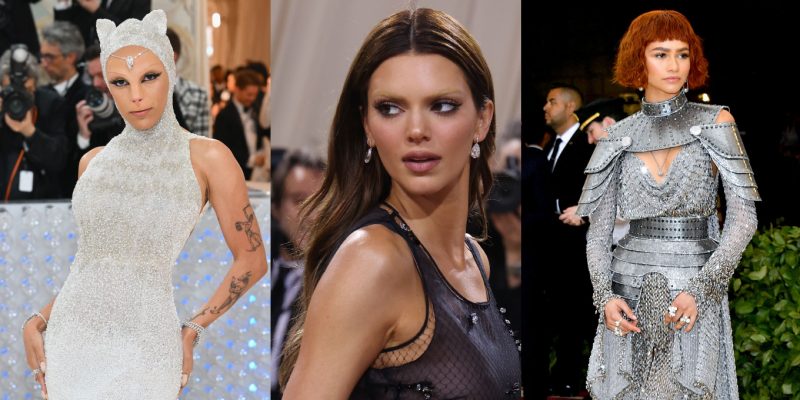
Beauty
The Best Met Gala Beauty Looks Of All Time
From Taylor Swift's 'Bleachella' era to Rihanna's iconic 2011 braids, meet the best beauty moments in Met Gala history.
by : Katie Withington- Apr 26th, 2024
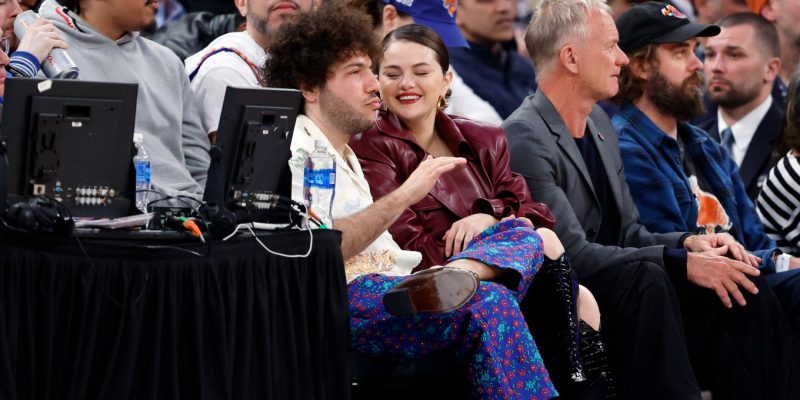
Culture
Benny Blanco Says He Fell in Love With Selena Gomez Without ‘Even Noticing’ It
Allow Benny Blanco to tell the straight-from-a-rom-com story of how he realized his feelings for his girlfriend and longtime friend.
by : Alyssa Bailey- Apr 26th, 2024
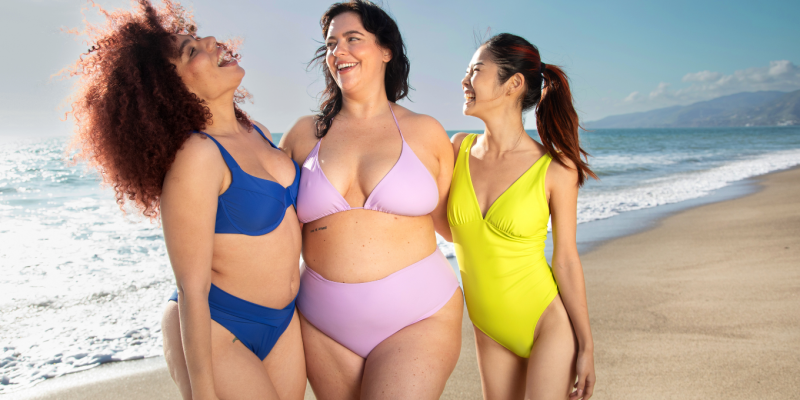
Beauty
Summer Prep: How to Feel Confident in Your Swimsuit
New Size-Inclusive Swimwear: Gillette Venus partners with The Saltwater Collective to Launch a Collection for Any Body
by : ELLE Canada- Apr 24th, 2024

